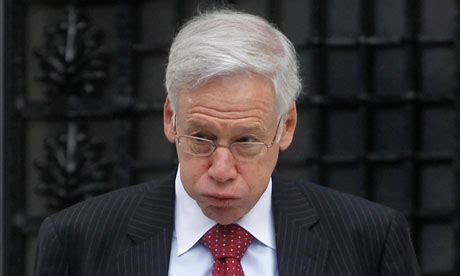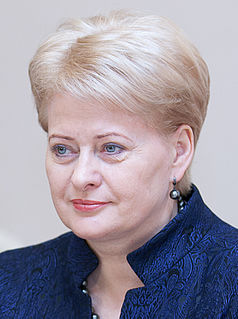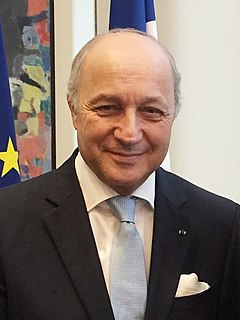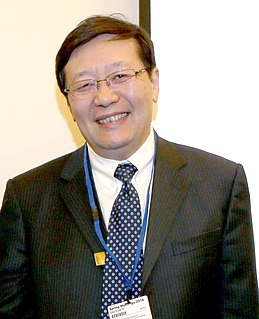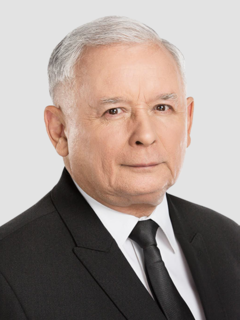A Quote by Marine Le Pen
The euro is not a currency. It is a political weapon to force countries to implement the policies decided by the E.U. and keep them on a leash.
Related Quotes
I don't want euro bonds that serve to mutualize the entire debt of the countries in the euro zone. That can only work in the longer-term. I want euro bonds to be used to finance targeted investments in future-oriented growth projects. It isn't the same thing. Let's call them 'project bonds' instead of euro bonds.
I have criticized it [Europe], but I repeat: we keep 40 percent of our gold and foreign currency reserves in euros, we are not interested in the collapse of the Eurozone, but I do not rule out the possibility of decisions being made that would consolidate a group of countries equal in economic development and this, in my opinion, will lead to a consolidation of the euro. But there can also be some interim decisions in order to keep the present number of members of the Eurozone unchanged.
For a small open economy that trades mostly with the euro zone it makes absolute sense to be part of the currency union. Our currency has already pegged to the euro since 2002. We don't have an independent monetary policy. We are regulated by the European Central Bank in Frankfurt, but we are not able to reap all the profits. Our businesses want to save the transaction costs.
Thanks to the euro, our pockets will soon hold solid evidence of a European identity. We need to build on this, and make the euro more than a currency and Europe more than a territory... In the next six months, we will talk a lot about political union, and rightly so. Political union is inseparable from economic union. Stronger growth and Euorpean integration are related issues. In both areas we will take concrete steps forward.
We [European countries] probably need to move forward together, each at their own speed. The faster ones, that could be the countries in the euro zone. The others would be those who are interested in the continued development of the common market, but reject the idea of an ever stronger political integration.



